Hello Everyone:
Finally, the heat and humidity of the past week has given way to a lovely almost fall afternoon. It was a busy weekend. On Thursday, it was candidate debate round three. Both former Representative Beto O'Rourke (D-TX) and Secretary of Housing and Urban Development Julian Castro served up some verbal fireworks. Rep. O'Rourke emphatically declared that he was in favor of taking away assault rifles from potential mass murders and Secretary Castro questioned VPOTUS Joe Biden's mental acuity during a very testy exchange. Wait, there is more. Over the weekend
The New York Times (
nytimes,com; Sept. 14, 2019; date accessed Sept. 16, 2019) published an essay allegations of further sexual misconduct against Associate Brett Kavanaugh that took place during a party at Yale University. The essay alleges that the FBI did not investigate the matter during the contentious hearing, when these allegations against Justice Kavanaugh first came to the surface. This is an ongoing matter with huge electoral implications. Already six of the major Democratic candidates have called for impeachment hearings. Yours Truly will do her best to stay on top of the matter. Onward
Thursday was also a busy day in the California state capital. Late last Tuesday night, members of the state Assembly and Senate approved a landmark bill after months of tense negotiations between labor groups, on-demand economy companies (gig economy), and workers' rights advocates. The bill--Assembly Bill 5--was endorsed, appropriately enough on Labor Day, by Governor Gavin Newsom. Governor Newsom is expected to sign the bill after the end of the current legislative session on September 13 and is expected to go into effect on January 1, 2020.
The main idea of AB5 is "close to 1 million ride-sharing workers, on-demand delivery manicurists, and janitors in California will be eligible for the same benefits, minimum wage, and vacations days that full employees are" (
citylab.com; Sept. 11, 2019; date accessed Sept. 16, 2019).
Experts believe that AB5 "has the potential to curb labor violations, increase employee bargaining power, and fundamentally change the nature of gig work" (Ibid). Ride hailing companies Uber and Lyft lobbies hard against the bill, arguing that it would drive up operating costs. Further, the bill would also affect the streets of California's cities and inspire similar legislation in other states.
Long road to realization
The gig economy bill's passage was the result of a decade long fight to reclassify independent contractors, initiated by a court cased filed long before Uber and Lyft came online. Here is the back story.
In 2005, a former employee for Dynamax courier services sued the company, arguing that "he and his co-workers were misclassified as contractor to save the company money" (Ibid). Last year, the state Supreme Court rule in the employee's favor, establishing an "ABC test" that California must use to determine whether an employee is independent contractor. This is how it works:
"If they're performing a task that's central to the company's functioning, and if their wages are set by the company, they're more likely to be considered employees" (Ibid). Essentially, "if it looks like duck, quacks like a duck, it must be a duck." This California State Supreme Court decision is codified in AB5.
Assembly Bill 5 was introduced last December by Assemblymenber Lorena Gonzalez Fletcher and has gone through several iterations. The final form includes carve-outs for lawyers, architects, realtors, hairstylists, are fisherman, whose industries permit their workers to negotiate. Sorry all you freelancers out there, you are exempt from the bill.
Many other eligible industries also lobbied hard for exemptions. Among them was the California News Publishers Association, which published an Op-ed in the
San Francisco Chronicle (
sfchronicle.com; Sept. 3, 2019; date accessed Sept. 16, 2019). Thomas W. Newton and James W. Ewert write,
Simply put. AB5 will probably sound the death knell for some printed versions of California newspaper. It's not the only challenge to professional journalism in 2019, but it is by far the most serious.
AB5 would force all businesses to hire independent contractors as employees--unless the business has been given a special exemption by the Legislature. So far, the Legislature has refused to grant critical because although many newspapers are union-represented shops, they rely on independent contractors in the form of newspaper delivery carriers and freelance journalists...
The trucking industry also carved out a few amendments to accommodate "owner-operator" (
citylab.com; Sept. 11, 2019) but the port trucking industry is not exempt.
The companies the popular on-demand apps--"which in California is made up of about 400,000 people driving for Uber and Lyft, delivering food, for Postmates,..., or doing odd jobs for companies like Task Rabbits---proved the most active opponents, saying AB5 poses an existential threat to their operations" (Ibid).
In addition to objecting to the increased operating costs associated with higher wages, they and several drivers argued undermine the flexibility (
uber.com; Aug. 29, 2019; date accessed Sept. 16, 2019) at the core of the gig economy. This is different from on-call jobs that comprise the majority of hourly work, with its unpredicatable and restrictive scheduling, Uber and Lyft driver set their own hours; clock in and out of the app at will.
However, the drivers, organizing groups, and labor experts say "that in practice, drivers already have control than they may appear to: They must drive at high-demand times to maximize returns, and can be deactivated--effectively, fired--without warning" (
citylab.com; Sept. 11, 2019)
Sanjukta Paul, an assistant professor of law at Wayne State University and antitrust and labor expert and Veena Dubal, an associate professor of law at the University of California, wrote in a paper,
Law and the Future of Gig Work in California: Problems and Potentials (Part 1)
[W]ith low, nonlinear pricing (which forces them to work long hours) and incentive-based pay (which forces them to work strategically, during high demand), the work lives of gig workers remain highly structure... Without basic protections and collective bargaining rights, workers in California have no means (short of a full-fledged strike) to change this (Ibid)
 |
Who win in the gig economy?
hbr.org |
Be that as it may, legislation like AB5 could prompt companies like Uber and Lyft to preface workers who can work full-time hours in California (35-40 hours), according to Robert Maxim, a research associate at the Brookings Institute's Metropolitan Policy Program. Uber already said it would not comply with the bill, citing, "it would have to institute more strict scheduling if the bill was passed" (Ibid) Mr. Maxim told
CityLab,
This could theoretically limit drivers' ability to drive when they want, the shifts they want, and of potentially driving for both Uber and Lyft,... The potential impetus for asserting more control over drivers' schedules comes from the fact that it shifts risk from the drivers themselves onto companies"(Ibid)
 |
Happy Uber driver and passenger
uber.com |
How existential is it?
It is no secret that both Uber and Lyft are loosing money at a rapid pace and have seen their stock valuations fall. Under AB5, drivers' paychecks would go up to the minimum ($14.25 in Los Angeles) with benefits, meaning that the top two ride hailing companies' labor costs could rise by as much as 30 percent, which would get passed down to the passengers (
latimes.com; Aug. 30, 2019; date accessed Sept. 16, 2019). Barclays estimates Uber's annual operating costs in California could increase by over $500 million and Lyft's will grow by $290 million (
qz.com; June 14, 2019; date accessed Sept. 16, 2019).
The beneficiaries of the increased labors costs will be the drivers and the state of California. The state Department of Industrial Relations that California loses about $7 billion year in payroll taxes due to payroll misclassification (
dir.ca.gov; date accessed Sept. 16, 2019). Analysts at Morgan Stanley referenced by Alison Griswold in
Quartz (
qz.com; Sept. 7, 2019 date accessed Sept. 16, 2019) predict that, "when AB5 takes its full effect, statewide fares will increase by about 25 percent (
citylab.com; Sept. 11, 2019). Bruce Schaller, a transportation consultant and former Deputy Commissioner of Traffic and Planning at the New York City Department, told
CityLab,
The pincer are closing in on the TNCs. You've got AB5, you've got investors who are getting increasingly restive about want to see a path to profitability, you've got the share prices going down (Ibid).
Although Mr. Schaller thinks that it is anyone's guess how the companies will adjust to the new reality. He added,
if they feel they need to get closet to at least break even financially, it has to involve, to some degree, increase fares (Ibid)
This, according to Morgan Stanley analysts, could reduce demand. According to Ms. Griswold,
if similar legislation were adopted nationally [higher fares]
could cause global ride-hail bookings to fall by 1 percent to 2 percent, and 5 percent to 9 percent (Ibid)
For transportation planners, this is not necessarily a bad thing: "Research shows that Uber and Lyft contribute to congestion and eat into public transit usage in some cities" (Ibid).
A report on the link between ride-hailing and congestion by Fehr & Peers (
drive.google.com; Aug. 1, 2019; date accessed Sept. 16, 2019), commissioned by Uber and Lyft concluded that "previous estimates of Uber and Lyft's effect on traffic had been conservative" (
citylab.com; Sept. 11, 2019). Laura Bliss reported the results,
Uber and Lyft make up as much as 13.4 percent of all miles,...(Ibid; Aug. 5, 2019).
In Blogger's hometown, the only other California city the report studied, "TNCs made up as much 2.7 percent of all vehicle miles" (Ibid; Sept. 11, 2019)
Another takeaway from the report, "...drivers in personal vehicles contribute to congestion a lot more than TNCs..."(Ibid). At the risk of stating the obvious, "...reduced Uber and Lyft usage could as easily push more people into their cars as push them onto buses" according to Arielle Fleisher, SPUR's Transportation Policy Director in San Francisco (Ibid). Ms. Fleischer spoke to
CityLab,
There is some sort of opportunity here,..., to divert those who may otherwise take Ubers onto transit. [But]
fundamentally, if the goal is to increase public transit use,... people will use public transportation when it works for them: when it's frequent, reliable, accessible, and legible (Ibid)
The takeaway from this statement is if cities want to divert passengers away from ride hailing services onto public transportation, then city departments of transportation would have to make it feasible and attractive for passengers.
Last year New York City established a minimum wage for drivers. The result was the ride hailing companies cut back the number of drivers they accepted onto their platform and prices rose. However according to Robert Maxim at the Brookings' Institute said, "...it's hard to isolate the effect of those wages,...," (Ibid) because the city also levied congestion pricing then. Sarah Holder speculates, "If California's legislation lead the companies to limit the size of their fleet, existing drivers may actually benefit." Mr. Maxim elaborated,
By limiting the supply of drivers, there's in theory at least more money to go around for each individual driver (Ibid)
Antitrust expert Sanjukta Paul, believes that the biggest threat AB5 presents to Uber and Lyft is the collective bargaining right the drivers will gain. Ms. Paul told
CityLab,
The possibility of having to deal with an organized voice for workers, in what the hell happens in their company, [is scariest],...It's that perceived loss of control, and level of transparency that would bring (Ibid)
Driver organizers concur. Edan Alva, a driver and member of the group Gig Workers Rising (
gigworkersrising.org; date accessed Sept. 17, 2019) told
TechCrunch,
AB5 is on the beginning,.... I talk daily to other drivers who want a change but they are scared. They don't want to lose their only source of income. But just because someone really need to work does not mean that their rights as a worker should be stepped all over. That is why a union is critical. It simply won't work without it (
techcrunch.com; Sept 10, 2019; date accessed Sept. 17, 2019).
Bruce Schaller added, "There's also a potent symbolic weight to AB5's passage:... that the days of Uber and Lyft lobbying their way past government regulations are over" (
citylab.com; Sept. 11, 2019; date accessed Sept. 16, 2019). He said,
They rolled through legislatures--starting with California--from 2014 to 2017, and now they're getting all of the pushback from legislative frameworks that were completely skewed towards their interests as they construed them,... Bullies always get their comeuppance, sooner or later (Ibid)
AB5 seems to be in line with the movement to pushback against the tech company giants who seem to think that laws do not apply to them.
A thwarted counter-campaign that's not over yet
To persuade state legislators to vote against AB5, Uber and Lyft staged coordinated email campaigns to encourage drivers to rally against the bill, giving bonuses to those who attended a rally in Sacramento. The campaign came amid an effort to push a compromise deal (
medium.com; date accessed Sept. 17, 2019) that would give the drivers portable benefits, wage increases, and a sectoral bargaining unit, while still classifying them as independent contractors.
While AB5 continued to accrue "yes" votes in the State legislature, both ride hailing companies and food delivery giant Doordash--"each contributed $30 million to support a counter-measure, which they hope to place on California's 2020 ballot. Lyft spokeperson Adrian Durbin spoke to
The New York Times,
We are working on a solution that provides drivers with strong protections that include an earnings guarantee, a system of worker directed portable benefits and first-of-its kind industrywide sectoral bargaining, without jeopardizing the flexibility drivers tell they value so much (
nytimes.com; Aug. 29, 2019; date accessed Sept. 17, 2019).
Last Monday, the
San Francisco Chronicle (
sfchronicle.com; Sept. 10, 2019; date accessed Sept. 17, 2019) reported that Uber has been working behind the scenes on a bill that would establish a new category of driver: Neither employee or contractor, guarantee them a limited amount of benefits and a weekly pay of
1,27 times minimum wage in the city where the ride or delivery started (
citylab.com; Sept. 11, 2019; date accessed Sept. 16, 2019). Sarah Holder points out, "Critics noted that these fees only account for tie spent driving, not the idling time many drivers say makes up a large part of their days" (Ibid). The bill also establishes a Driver Advocate Program, that would represent the drivers but not grant them negotiating rights (Ibid).
Carolyn Said, of the
Chronicle, speculated "Such a bill is highly unlikely to pass before the legislative session ends Friday,... but provides a preview of what an eventual ballot might look like" (
sfchronicle.com; Sept. 10, 2019).
Last Wednesday, Uber's Chief Legal Officer, Tony West, said "the company would not comply with AB5, despite not being technically exempt from the ABC test" (
citylab.com; Sept. 11, 2019; date accessed Sept. 16, 2019). Mr. West wrote,
[J]
ust because the test is hard does not mean we will not be able to pass it,... Because we continue to believe drivers are properly classified as independent, and because we'll continue to be responsive to what the vast majority of drivers tell use they want most--flexibility--drivers will not be automatically reclassified as employees, even aft January of next year. We expect we will continue to respond to claims of misclassification in arbitration and in court as necessary, just as we do now (
uber.com; Sept. 12, 2019; date accessed Sept. 17, 2019).
Who's next?
Yours Truly has frequently said that California is the home of the digital Industrial Revolution. Naturally, it is the birthplace of the gig economy and its largest market. However, it is not the only place looking to take on the reclassification fight.
The equally bluer than blue states of Oregon and Washington are also leading the charge to give gig workers greater labor rights, exploring legislative remedies to move independent contractors closer to employees, giving them a base wage and labor boards. Although these legislative remedies failed to gather steam, they find renewed energy now that California is poised to enact AB5. Massachusetts and New Jersey have enacted ABC tests for independent contractors (
citylab.com; Sept. 11, 2019; date accessed Sept. 16, 2019), similar to the one established under the
Dynamex decision and could form the foundation for similar legislation. After New York City enacted the nation's first ride-hail minimum wage, organizers were inspired to ask the cities do the same (Ibid; Jul 10, 2019). New York State Governor Andrew Cuomo mentioned that his state might go further (
crainsnewyork.com; Sept. 10, 2019; date accessed Sept. 17, 2019). Across the Atlantic, in the United Kingdom, courst have already decided that ride-hail drivers are eligible for minimum wage and paid vacations; naturally Uber is appealing the decision and labor organizers are strengthening their case (
citylab.com; Aug. 22, 2019; date accessed Sept. 16, 2019). Robert Maxim spoke to
CityLab,
At least in the short run, we're probably going to end up with an increasingly patchwork system [in the U.S.]
,.... With places like California treating drivers as employees, red states keeping the status quo, and then some states or cities even creating this hybrid middle grounds, akin to what New York City currently has (Ibid; Sept. 11, 2019).
AB5 could open the door for ride hailing companies to address systemic transportation policy issues through accountability. This could lead to overall public-private sector cooperation on improving California's woeful public transportation system and related issues. That is the dream but the reality is companies like Uber, Lyft, Doordash, et al are in business to make money and the bottom line is what drives them. In this way, they are exactly like the corporate culture they want to disrupt. If they truly want to disrupt the very thing they wish to disrupt, they need to become better corporate citizens and focus on their workers.


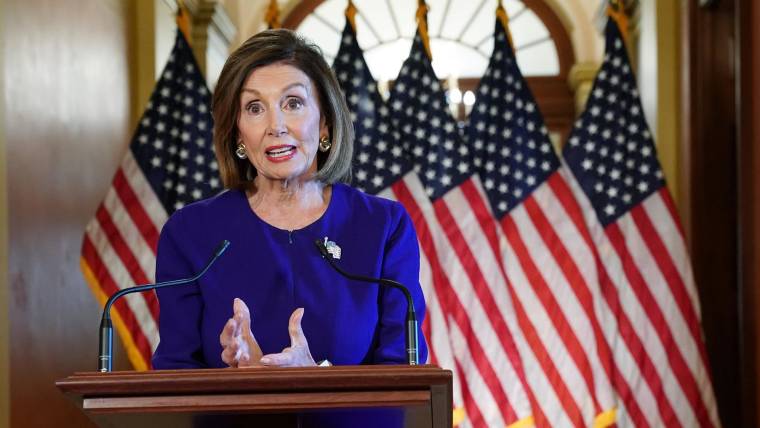
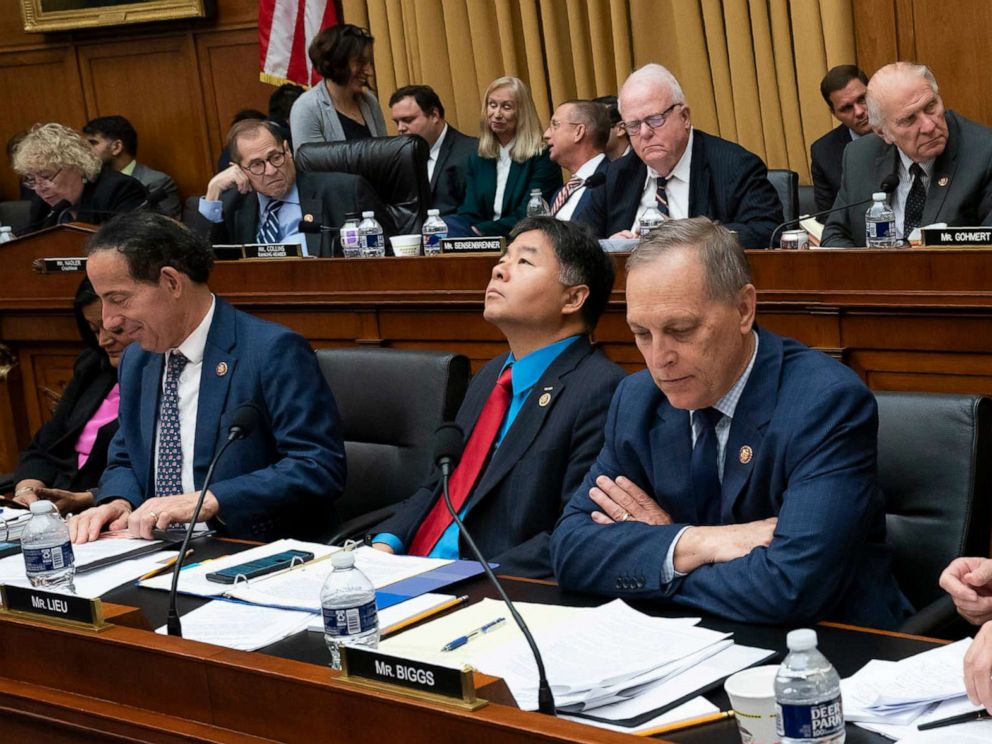
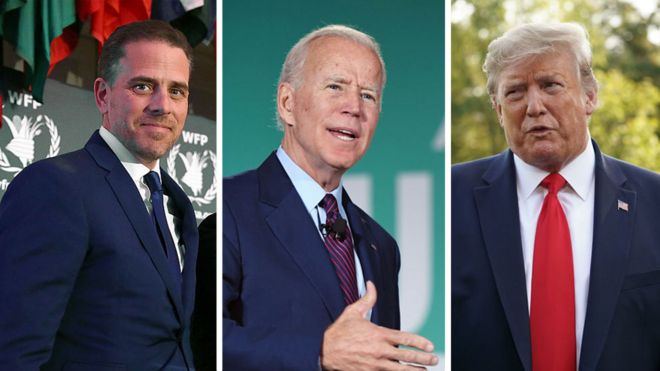
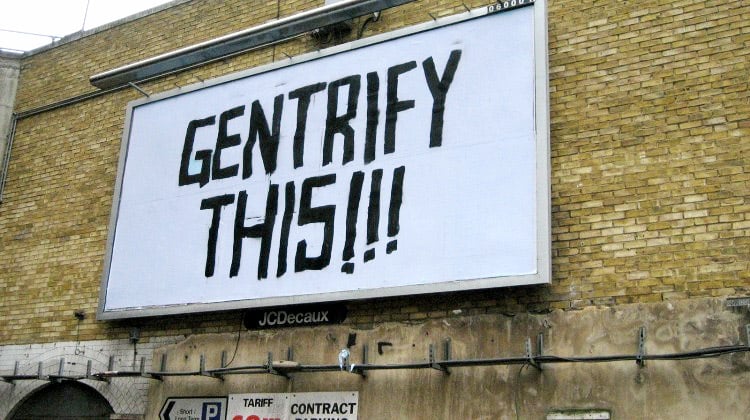
.jpg?w968h681)

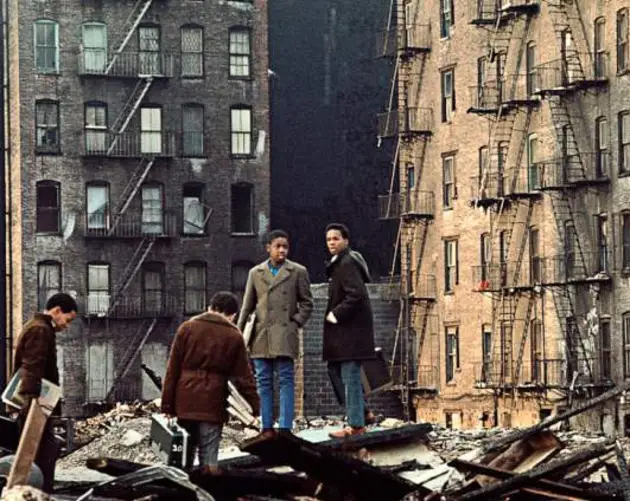
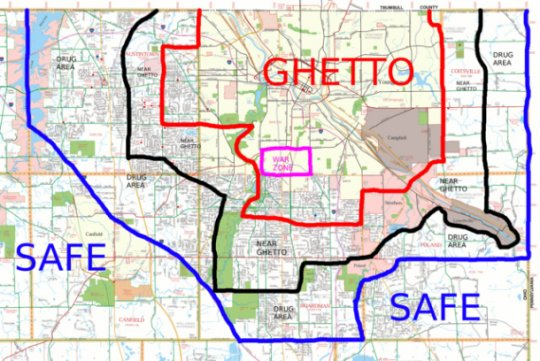
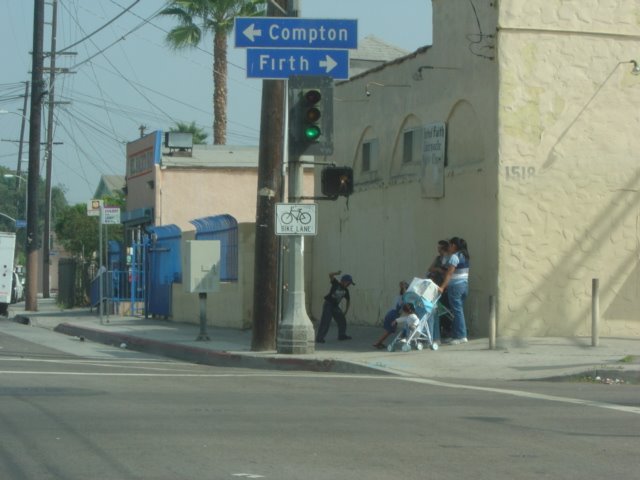





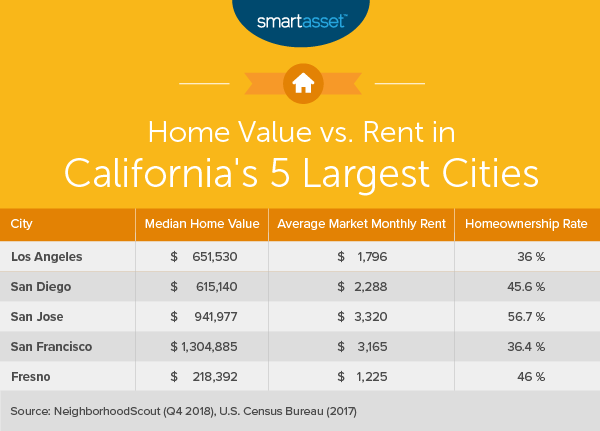

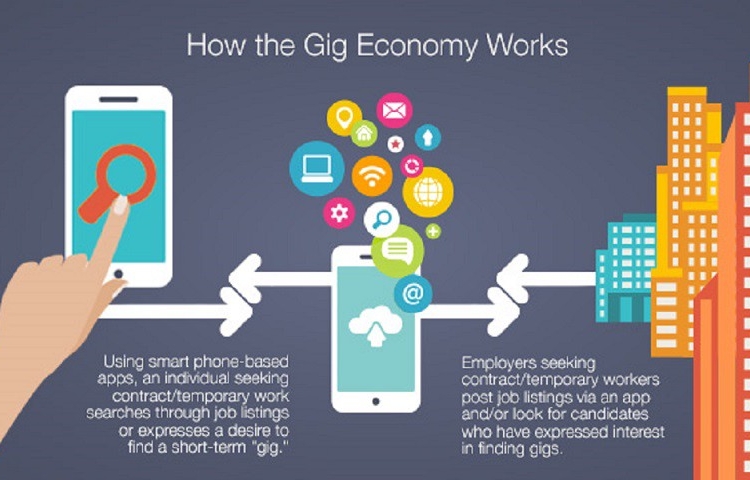
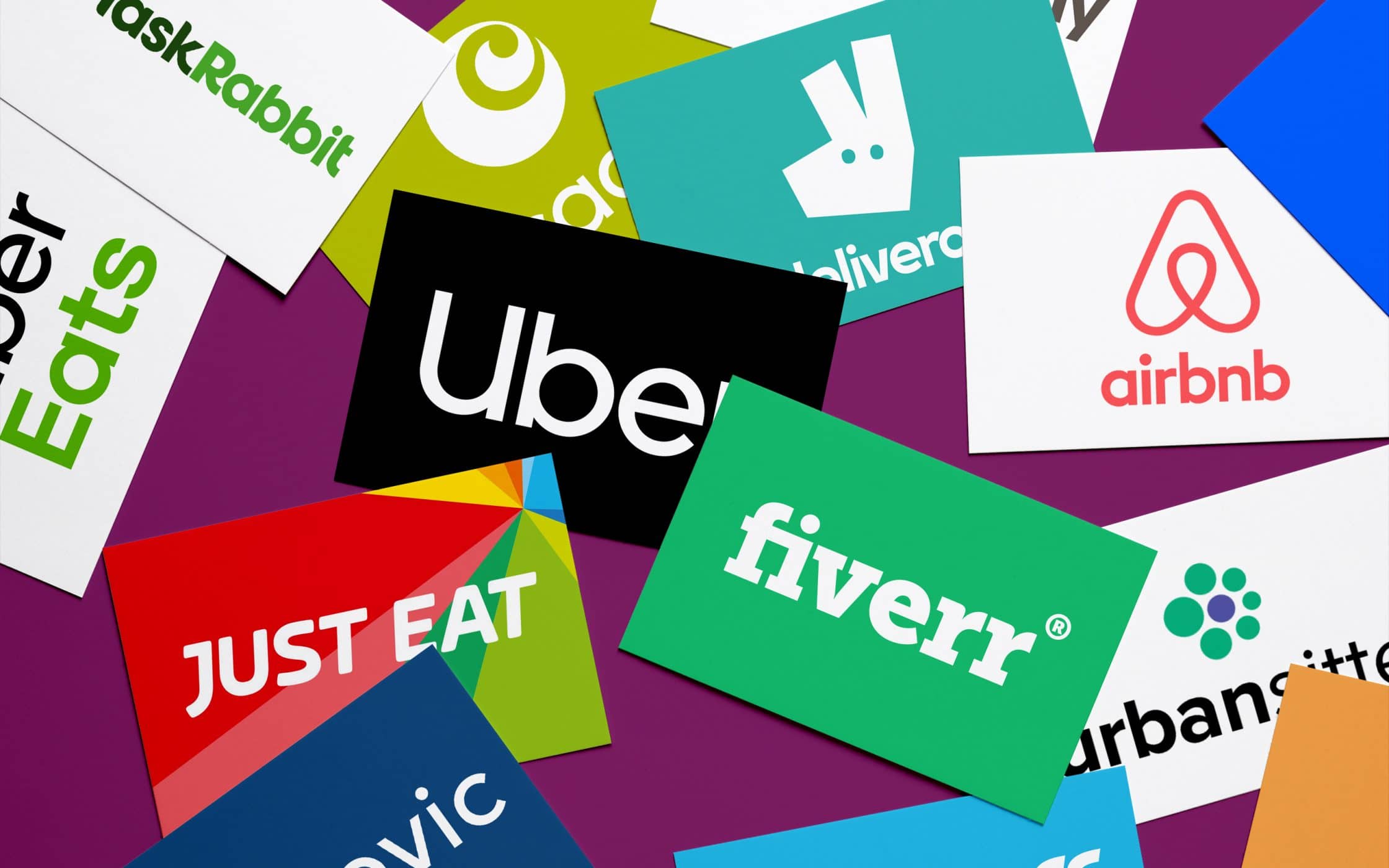
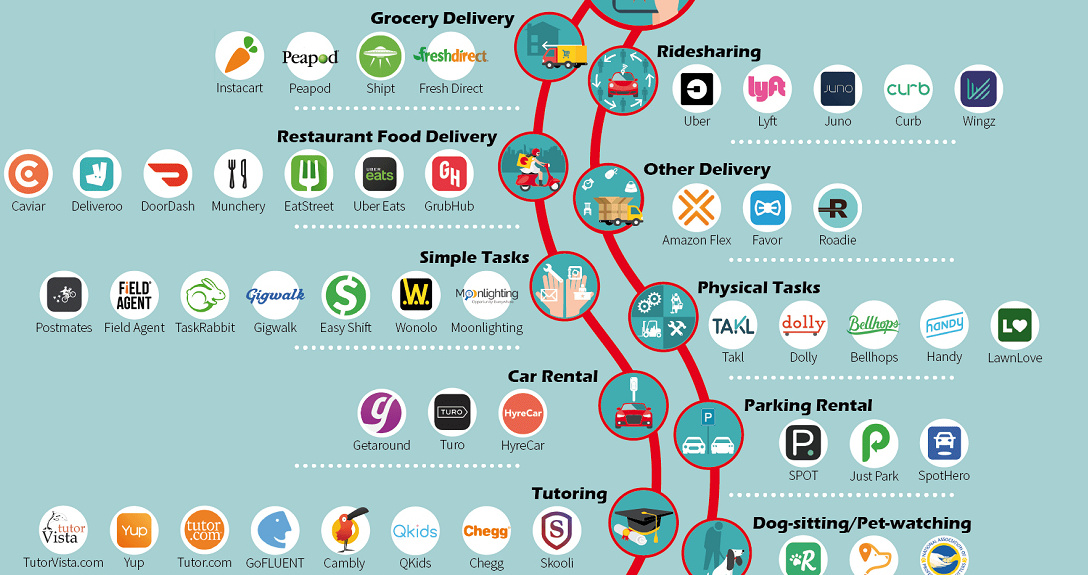


/cdn.vox-cdn.com/uploads/chorus_image/image/54927363/LA_Metro_200_bus_stop_on_Alvarado_Street.0.jpg)

